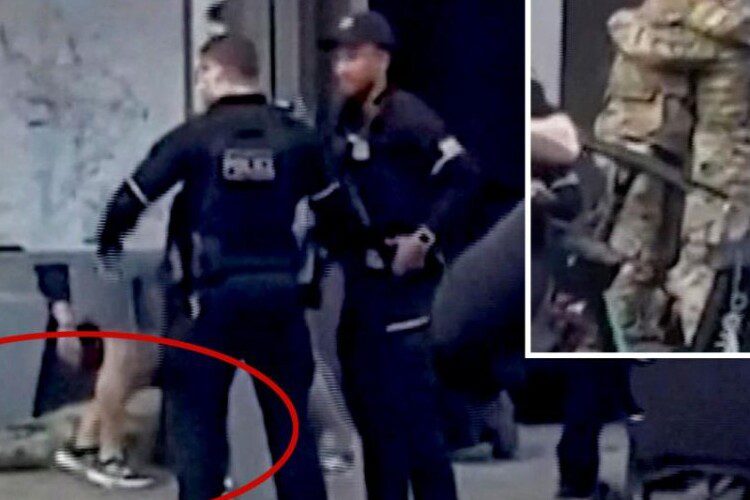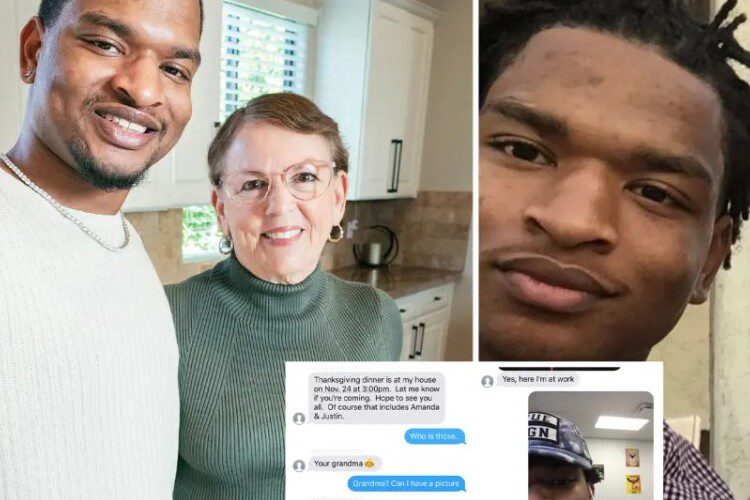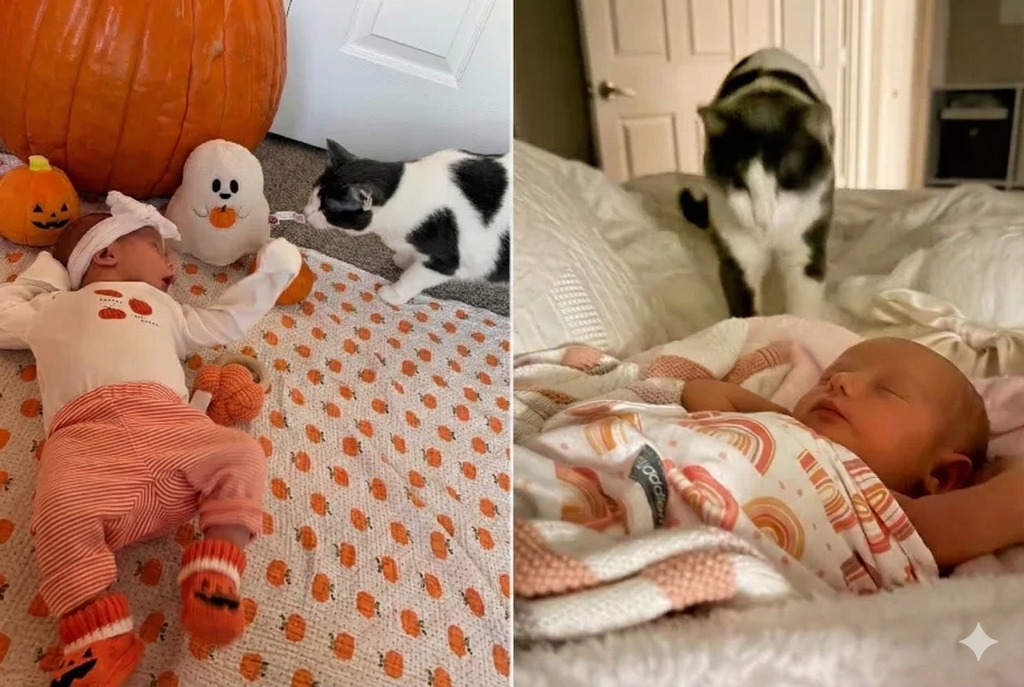Unarmed Major’s Pocket Blade Strikes Save Lives in Heart-Stopping White House Ambush on Guardsmen
The faint rustle of autumn leaves underfoot gave way to the sharp crack of gunfire in Farragut Square on the afternoon of November 26, 2025, a moment that transformed a serene downtown park into a scene of unimaginable bravery and heartbreak. It was just after 2 p.m., and the square— a pocket of green amid Washington’s K Street bustle, dotted with office workers on lunch breaks and tourists snapping photos of the Civil War admiral statue—suddenly erupted as Rahmanullah Lakanwal, a 29-year-old Afghan immigrant, allegedly pulled a .357 Magnum revolver from his jacket and unleashed a barrage on three nearby National Guard troops. Specialist Sarah Beckstrom, 20, and Sgt. Andrew Wolfe, 24, both from the West Virginia National Guard, fell first—Beckstrom to the head and chest, Wolfe grazed but fighting for his life—while Lakanwal, screaming “Allahu akbar,” grabbed Beckstrom’s dropped weapon to continue the assault. In a split-second act of raw courage, an unarmed National Guard major, hearing the shots from his patrol rounds nearby, ducked behind a car and lunged at the gunman with nothing but a pocket knife, stabbing him repeatedly in the head during a frantic reload pause. The major’s desperate strikes brought Lakanwal down long enough for a fourth Guardsman to arrive with pistol drawn, firing two rounds into the attacker’s buttocks and leg. What could have been a massacre ended with Lakanwal in custody, wounded but alive, and the nation left to honor the fallen and the fighter clinging to hope amid the echoes of heroism.
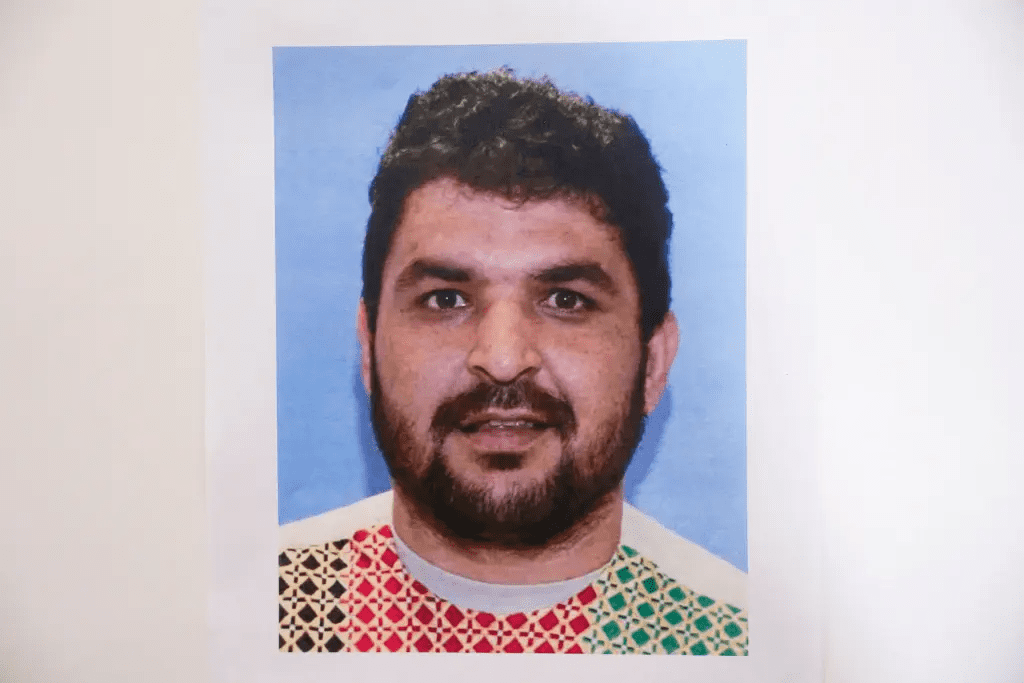
Sarah Beckstrom, the youngest of the trio, embodied the selfless spirit that defines so many in uniform, a 20-year-old from Beckley, West Virginia, who volunteered for the D.C. rotation to let fellow Guardsmen spend Thanksgiving with their families. Enlisting at 18 after high school graduation, she balanced weekend drills with community college classes in nursing, her dream of becoming a medic inspired by her mother’s work as a home health aide. “Sarah was the light—always organizing potlucks, making everyone laugh during tough trainings,” her platoon leader, Capt. Rebecca Thorne, shared through quiet tears at a vigil outside MedStar Washington Hospital Center that evening, where 300 supporters braved the chill with candles flickering like fireflies. Beckstrom’s wounds proved too grave; by 4 p.m., her family confirmed she had passed, her father telling the New York Times in a voice choked with pride and pain, “She gave everything so others could go home—she’s our hero forever.” Sgt. Wolfe, 24, from Huntington, underwent emergency surgery for his injuries and remained in critical but stable condition at George Washington University Hospital, his wife, Emily, holding vigil with their 2-year-old daughter, who drew pictures of “Daddy strong” to tape by his bed. “Andrew’s a fighter—he’ll pull through for us,” Emily whispered to reporters, her hand never leaving his.
Lakanwal’s rampage, unfolding in under 60 seconds but leaving scars that will last lifetimes, began with a cross-country drive from his home in Bellingham, Washington—a small border town 20 miles from Canada, popular with Afghan refugees—covering 3,000 miles in 40 grueling hours. Arriving in D.C. by early afternoon, he staked out the Farragut West Metro entrance at 17th and I streets NW, two blocks from the White House, where the Guardsmen were on a standard patrol amid the city’s post-election security rotations. Witnesses, their routines shattered, described the horror: A food truck vendor diving behind his cart as bullets pinged off metal, a mother shielding her toddler while screaming for help, and office workers from nearby firms barricading doors with desks. Lakanwal, who entered the U.S. in 2021 under President Biden’s Operation Allies Welcome after serving as a contractor for American forces in Kandahar, fired his four rounds before seizing Beckstrom’s weapon to press the attack on Wolfe. “I heard pops, then ‘Allahu akbar’—it was like a movie, but real,” recounted 31-year-old barista Jamal Reed, who administered CPR to Beckstrom until paramedics arrived, his apron stained with her blood. The major’s intervention—lunging from cover with his pocket knife, striking Lakanwal’s head three times in a blur of motion—created the vital pause, allowing the fourth Guardsman to sprint in and deliver the disabling shots.
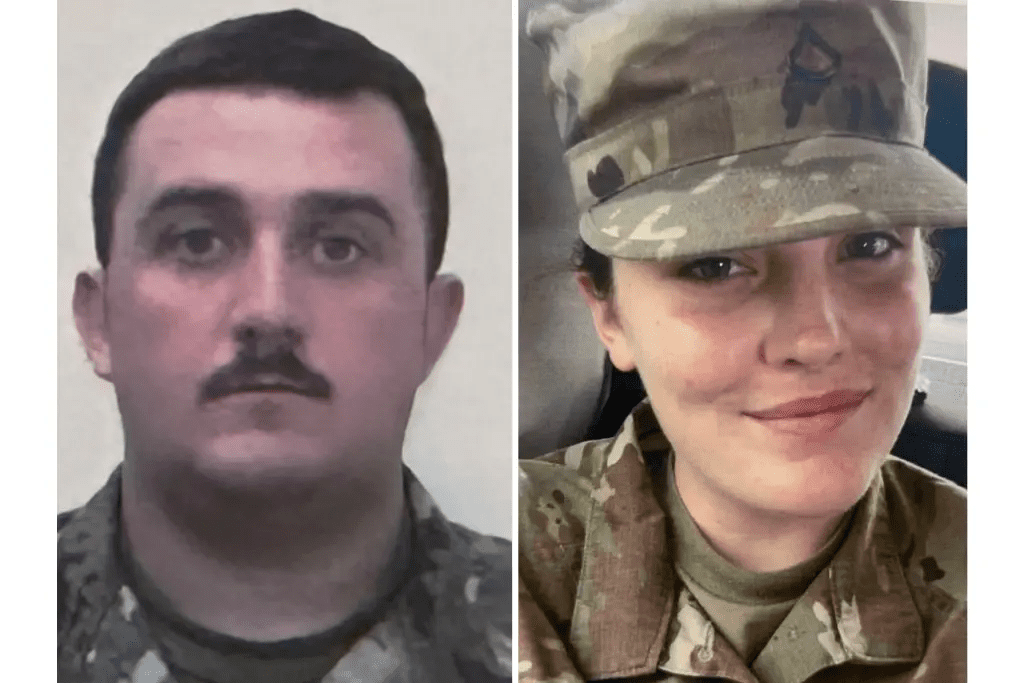
The major, a 38-year-old veteran from the Ohio National Guard whose name remains withheld pending family consultations, became an instant symbol of unyielding valor, his unarmed stand a testament to the instincts honed in years of service. Stationed nearby for rounds, he had just radioed in a routine check when the gunfire erupted, ducking behind a parked SUV as bullets whizzed past. “I saw him grab her gun—knew I had to act,” he later told investigators, his hands still trembling during a debrief at Joint Base Andrews. With Lakanwal pausing to reload, the major closed the distance in seconds, his pocket knife—a simple folding blade carried for utility—flashing in a series of precise stabs to the head and neck that dropped the gunman to his knees. The fourth Guardsman, Sgt. Marcus Hale from the Virginia National Guard, arrived with pistol drawn, his two shots ending the threat as bystanders pinned Lakanwal until zip-ties secured him. “That major saved my life—he’s the real hero,” Wolfe’s wife, Emily, said from his bedside, her gratitude a lifeline amid the vigil. The major, treated for minor cuts and shock, was released by evening, reuniting with his own family in a tearful embrace that spoke volumes of the bonds forged in crisis.
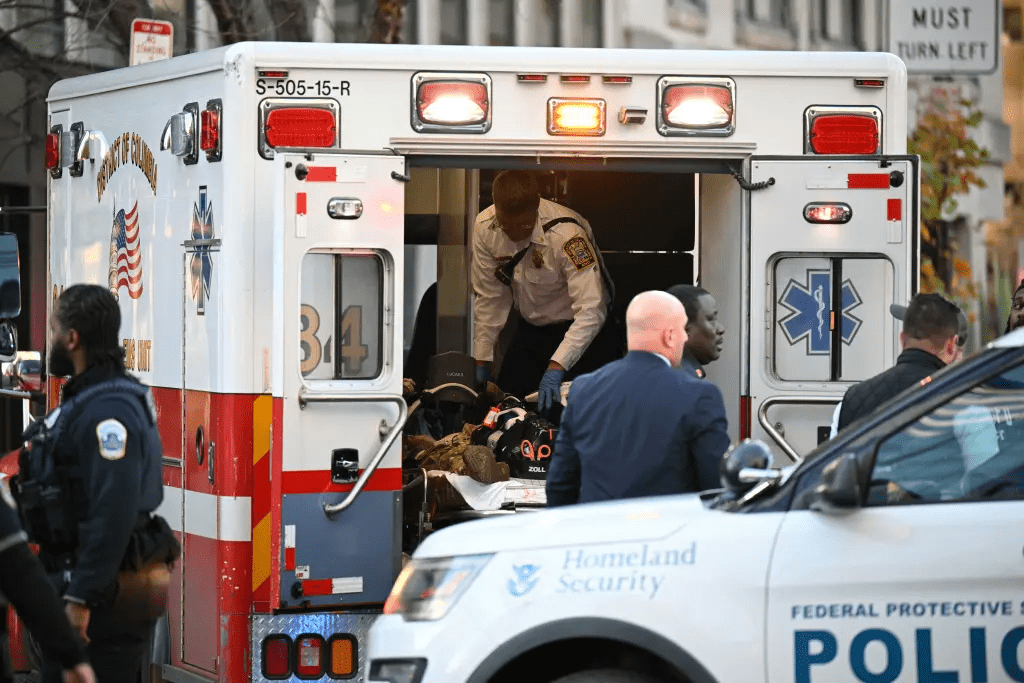
Lakanwal, now facing federal charges of murder, attempted murder, and terrorism in U.S. District Court for D.C., carries a backstory that adds layers of complexity to the tragedy. Arriving in the U.S. via the Special Immigrant Visa program after working as a translator and security contractor for U.S. forces from 2018 to 2021, he resettled in Bellingham with his wife and five children, taking jobs at a local warehouse while navigating the backlog that delayed his green card. Bellingham, a quiet Pacific Northwest town with a growing Afghan community of 500, became a haven where he coached youth soccer and volunteered at a mosque, neighbors recalling him as “reserved but kind.” Yet FBI raids on his apartment uncovered a journal with sketches of D.C. landmarks labeled “symbols of oppression” and encrypted messages on a burner phone hinting at radical inspirations, though no direct ties to groups like ISIS-K. “He helped us in Kandahar—saved lives, took risks. How does that turn to this?” a former CIA handler told Reuters off-record, the betrayal a quiet gut punch for those who vouched for him. Lakanwal’s SIV, granted amid the 2021 withdrawal’s frenzy, bypassed full vetting due to operational urgency, a gap highlighted in a June 2025 Justice Department report on Operation Allies Welcome. Stabilized after surgery at GWU Hospital, he remains under guard, his silence leaving investigators to piece motives from digital breadcrumbs amid D.C.’s 2025 homicide surge of 15 percent.
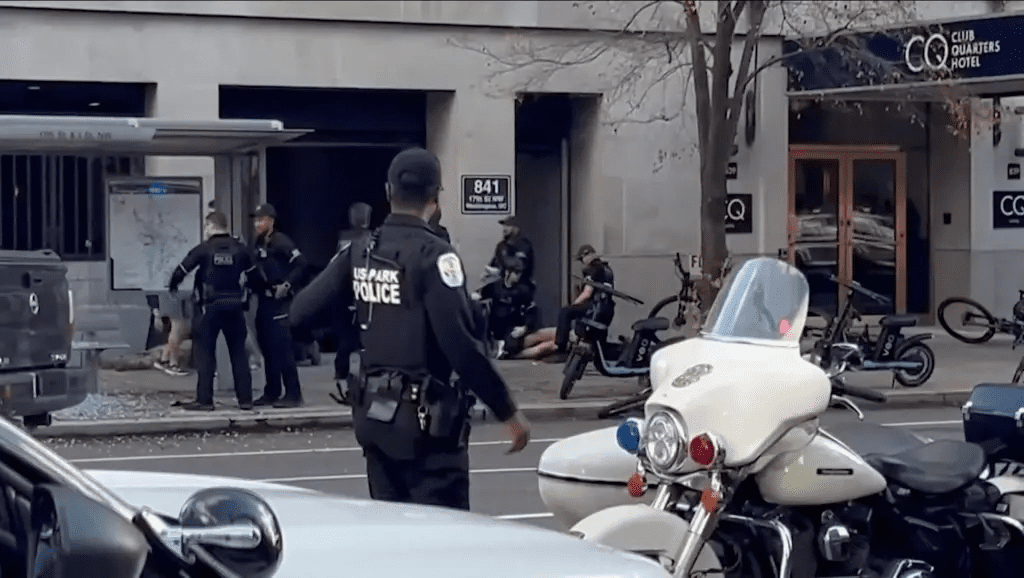
President Trump’s response, immediate and resolute, framed the incident as a call to arms for national security. From Mar-a-Lago, he posted on Truth Social at 3:15 p.m.: “The brave National Guardsmen shot in DC are in our prayers—their families, their loved ones. We will find justice, and make our cities safe again!” By 5 p.m., he ordered Defense Secretary Pete Hegseth to surge 500 additional troops to D.C., bolstering the 1,200 already there. “This cowardly act stiffens our resolve—we secure our capital for heroes like Sarah, Andrew, Michael, and Elena,” Hegseth announced from the Pentagon, his voice carrying the weight of a veteran who knows the cost. Vice President JD Vance, landing at Andrews by 7 p.m., visited Wolfe’s bedside and the major’s quarters, his Marine grit shining through: “These patriots turned the tide—their courage saves lives every day.” West Virginia Gov. Patrick Morrisey, voice breaking in Charleston, ordered half-staff flags: “Our hearts shatter—these were our everyday heroes.”
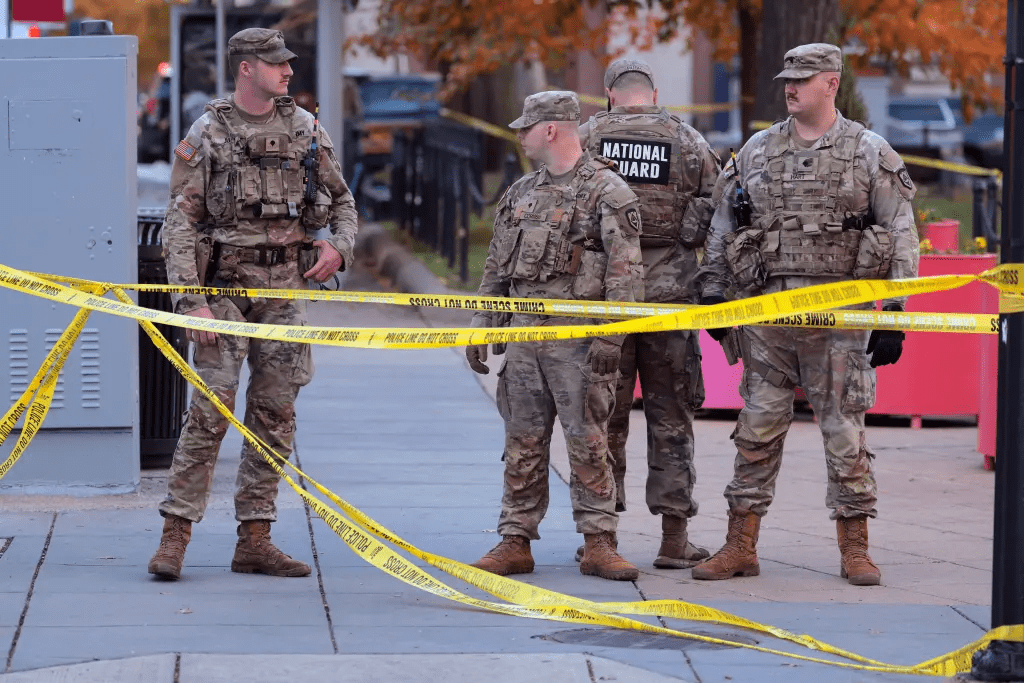
Grief swelled like a tide, from West Virginia’s hollers to D.C.’s diverse quarters. In Beckley, 2,000 packed the high school gym for a vigil, voices rising in “Amazing Grace” as Noah Beckstrom, Sarah’s nephew, released balloons with “Auntie Strong” messages. GoFundMe for the families topped $1.5 million, from Guardsmen pooling paychecks to celebrities like Chris Stapleton, a West Virginian who tweeted, “For Sarah and Andrew—heroes who made us proud.” Social media, under #GuardsmenHeroes, trended with 5 million posts—photos of Beckstrom’s nursing cap, Wolfe’s wedding band, the major’s knife now a symbol of defiance. In Anacostia, where Lakanwal lived, community leaders hosted prayers, Imam Khalid Rahman speaking to mixed crowds: “Loss like this calls us to kindness—Sarah’s light guides us all.” Even Sen. Elissa Slotkin, whose troop stress comments drew scrutiny, posted condolences: “Sarah’s courage humbles me—full recovery for Andrew, peace for the fallen.”
As night fell, with troops fanning out under streetlights, the ambush’s echoes lingered—a call to cherish those who stand watch. For Jake Beckstrom, tucking Noah in with stories of Sarah’s strength, and Emily Wolfe reading to Andrew from his favorite book, the major’s blade and their comrades’ fire offer hope amid heartache. In a season of thanks, their heroism reminds that in crisis, ordinary tools become lifelines, and a nation’s resolve, its greatest weapon.
